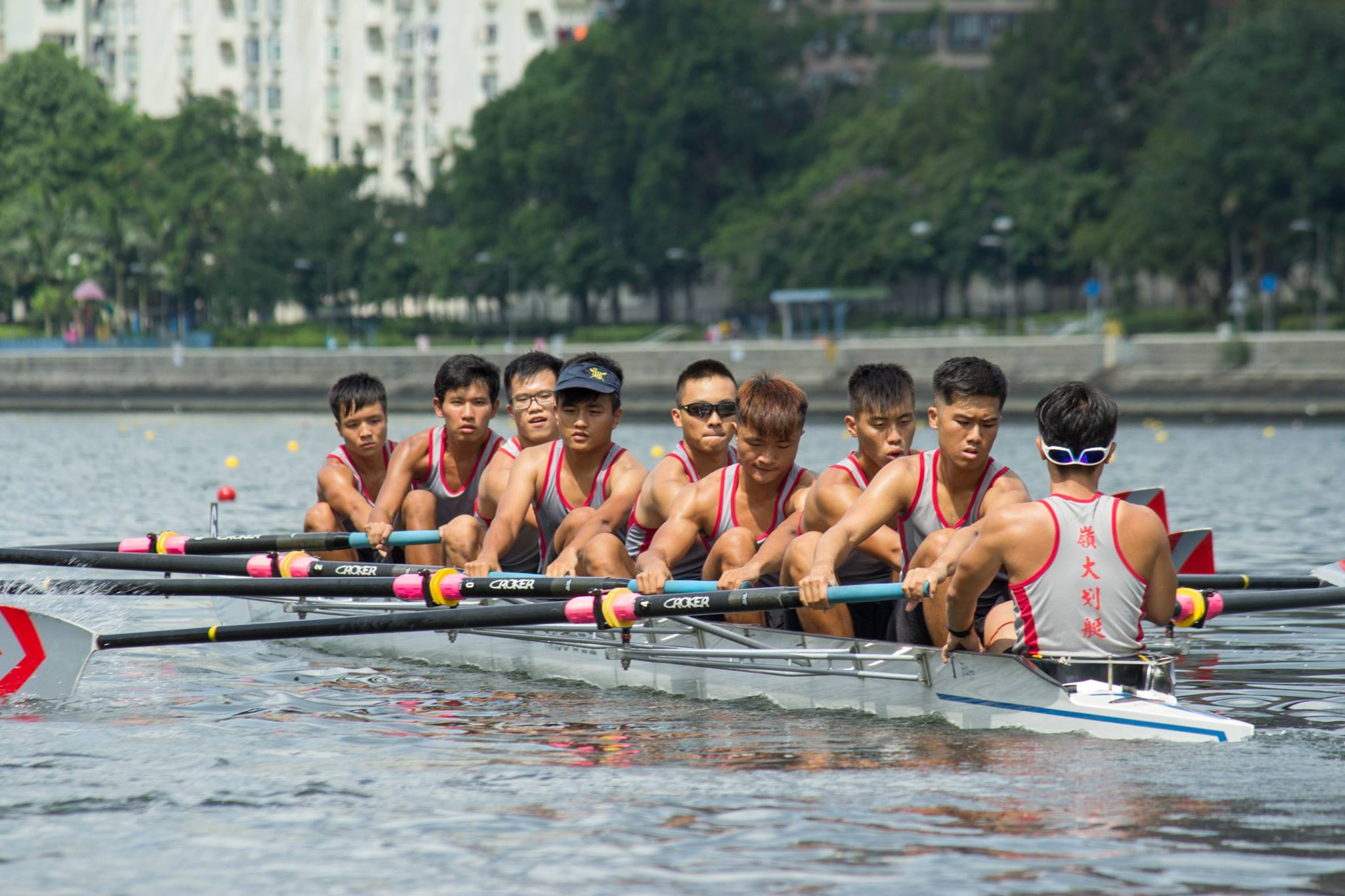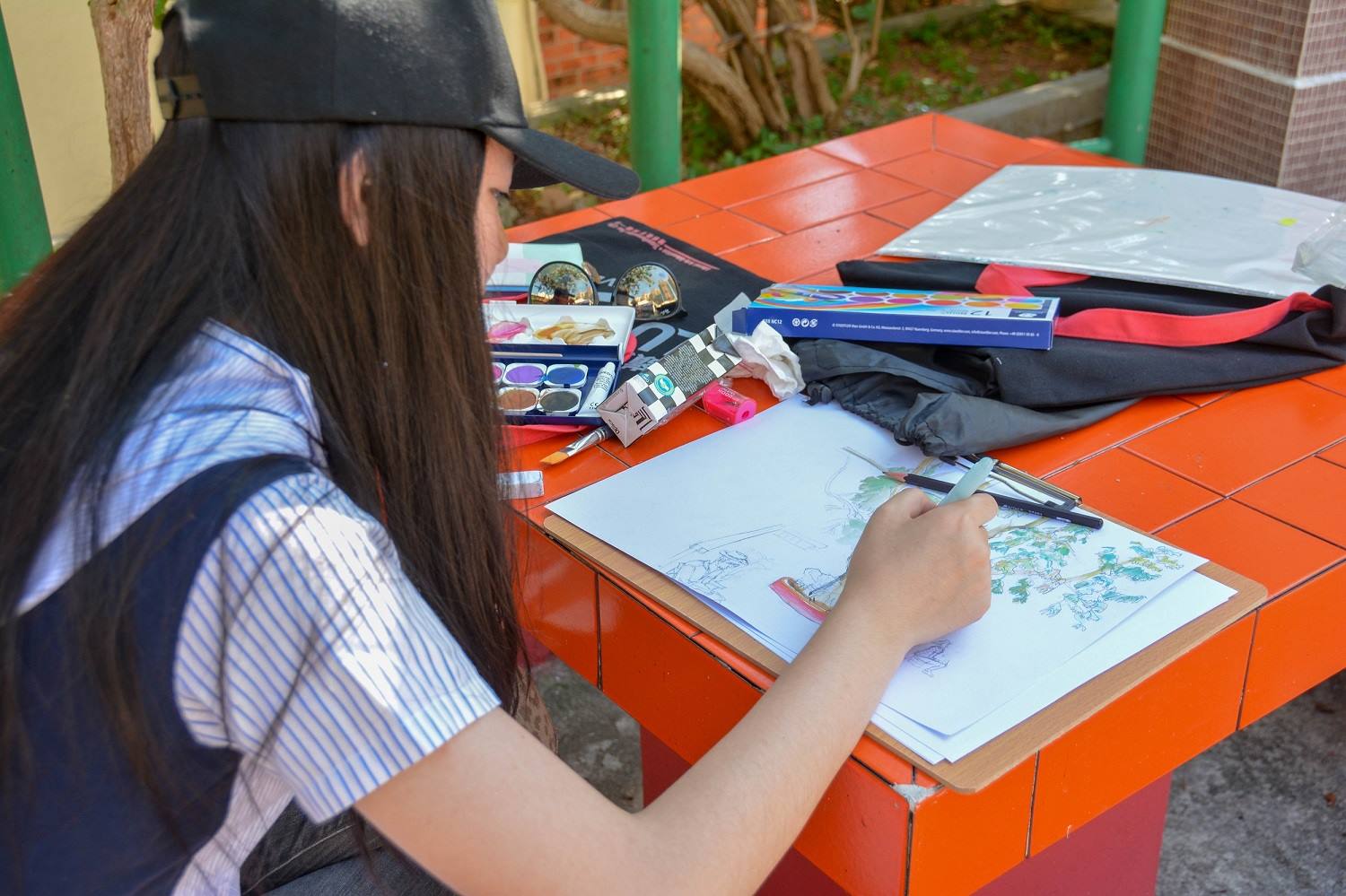Residential education and the Integrated Learning Programme (ILP) are key elements of Lingnan’s liberal arts education, which focuses on students’ whole-person development.

In 2013, Prof Leonard K Cheng was sworn in as the University President, and his vision is to bring Lingnan's liberal arts education to another level with the finest of Chinese and western cultures deeply ingrained into the curricula, so that students can learn from the best and become truly global citizens.
In the following year, the University started to offer full four-year accommodation to all undergraduates. The close affinity of the campus and hostel fosters camaraderie among the students, and helps educate them in a truly holistic manner, fully compliant with the University’s liberal art mission. In addition, students’ language skills, international perspectives and sensitivity towards different cultures are enhanced through daily exchanges with hostel residents from almost every corner the world.

What is more, the diverse hostel activities and face-to-face interactions with students of different disciplines and cultural backgrounds create an environment conducive to transforming students from young and not yet mature teenagers into independent and caring young leaders with broad exposure and international perspectives.
The hostels at Lingnan adopt the Living Learning Community (LLC) model to offer two broad types of programme: (1) common themes in hostel life such as its significance to the whole person development, the challenges of hostel life, and leadership and self-governance; (2) A specific theme of the year such as green living, healthy life or civic responsibilities. The former increases students’ understanding of hostel life and its educational meaning and significance, while the latter enriches their intellectual development, expands their horizons, and encourages strong, enduring relationships with hostel residents and fellows from different study disciplines.
In fact, residential education is one of the six domains under the ILP that students must take as a graduation requirement, the other five being Civic Education and Leadership Development, Intellectual and Entrepreneurship Development, Physical Fitness and Well-being, Social and Emotional Well-being, and Aesthetic Development.
Civic Education and Leadership Development form students’ understanding of both historical and social development in Hong Kong, and their awareness of international economic, political, and social issues. They also help students analyse their own strengths and weaknesses, set personal and vocational goals, and acquire self-esteem, confidence, motivation, and abilities to become a community leader. Learners and office-bearers of student societies can participate in the training through different modes of learning, including seminars, courses, field trips, community service projects, leadership and executive training, etc.
Intellectual and Entrepreneurship Development introduces learning approaches and skills to improve students’ academic excellence, cultivate hobbies and interests, understand science and technology, value creativity and innovation, and amass knowledge from different sources. It helps students identify their entrepreneurial talents through various learning experiences. Programmes include talks/ workshops/ projects on topics such as university learning, global perspectives, social trends and entrepreneurship skills.

The Physical Fitness and Well-being domain develops a healthy lifestyle, physical well-being and recreational leadership. It encourages students to recognise the need for regular physical activity and develop lifelong interests in physical sports. Furthermore, physical well-being covers health science, including medical self-care and illness prevention. Programmes include ball games, water sports, physical fitness, martial arts, first-aid and leadership training.
The domain Social and Emotional Well-being develops positive living through enhancing students' social skills, constructive attitude, and self-understanding in managing emotions arising from pressure in different life aspects. Students are encouraged to take an active part in improving the world by living in harmony with others. Programmes include self-exploration stress management, communication skills and leadership enhancement.

Aesthetic Development lies in exhibiting a relationship between life and its aesthetics. Through arts exploration and appreciation of a broad spectrum of activities and workshops, students will experience a variety of arts and cultures. Programmes include painting, calligraphy, music, performing arts, etc., and by engagement with the arts and culture, students’ creative confidence, innovative thinking and imaginative expression can be further enhanced.
Through the ILP and residential education, Lingnan students can pursue knowledge and hone their various skills, establish a positive attitude towards life beyond the classroom, and achieve all-rounded personal growth by identifying their strengths and planning a successful career.